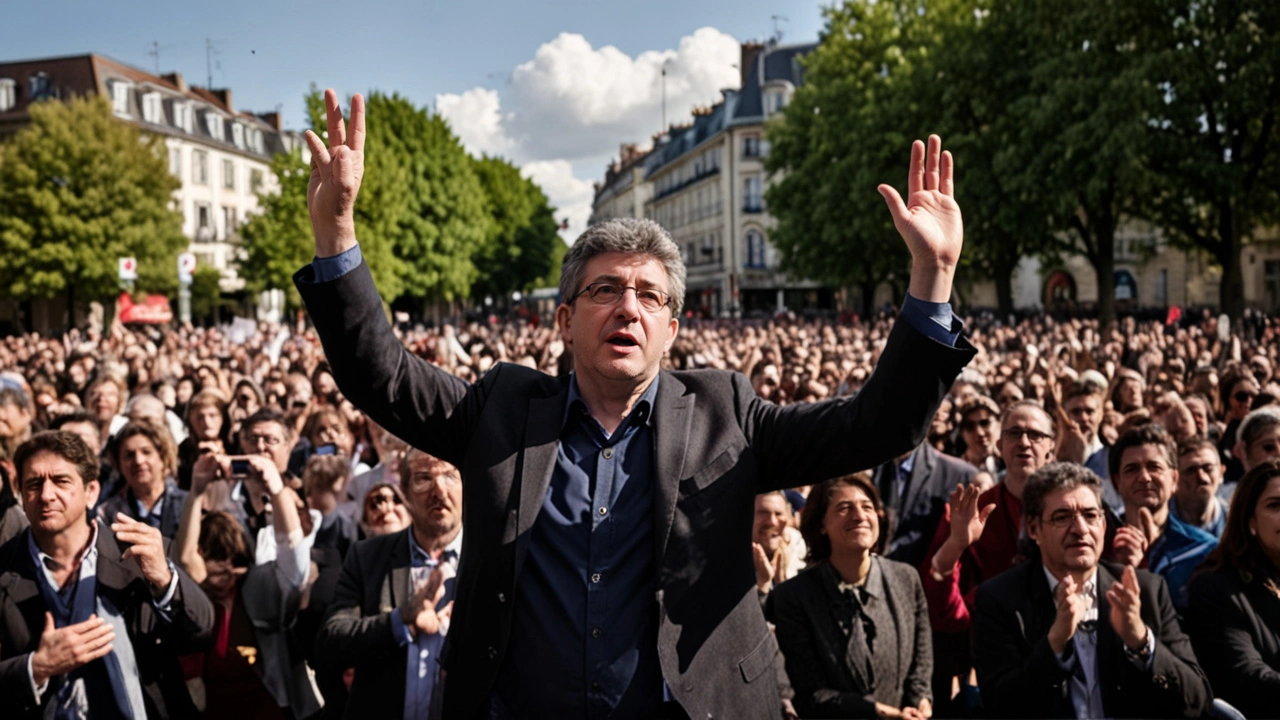What Is a Hung Parliament and Why Should You Care?
Ever heard the term "hung parliament" and wondered what it really means? Simply put, it happens when no single political party wins more than half the seats in parliament after an election. Without that majority, it's tough for any party to govern smoothly or pass laws by itself.
This situation can shake things up quite a bit, especially in countries relying on a majority rule system. Without a clear winner, the usual straightforward path from election to government formation turns into a tricky puzzle, often requiring cooperation and compromises among parties.
How Does a Hung Parliament Impact Government Formation?
When the votes are tallied and no party has a majority, parties must explore options like forming coalitions or minority governments. Coalitions mean at least two parties join forces, sharing power to reach that majority threshold. But this can lead to intense negotiations and some give-and-take on policies.
If coalition talks fail, a minority government might try to govern without majority control, relying on support from other parties on a case-by-case basis. This setup can lead to instability or frequent parliamentary votes on confidence, affecting how smoothly the government runs.
Why Does This Matter to You?
A hung parliament can delay important decisions and affect the country's direction. Policies might be watered down or delayed because no party can push through their agenda alone. For citizens, this often means watching political drama unfold while leaders try to find common ground.
On the bright side, it can encourage collaboration and prevent extreme decisions by forcing parties to work together. But it also risks gridlock if agreements can't be reached.
In short, a hung parliament is more than just a headline—it shapes how your government runs and what laws get made. Keeping an eye on election results and understanding these dynamics helps you grasp the bigger picture of political power and stability.
The second round of the French legislative elections ended with no clear majority, creating a hung parliament. The left-wing New Popular Front emerged as the biggest bloc, but questions loom over France's political stability. President Macron's centrist alliance and the far-right National Rally also gained significant seats, leading to complex coalition-building efforts.


 Sports
Sports